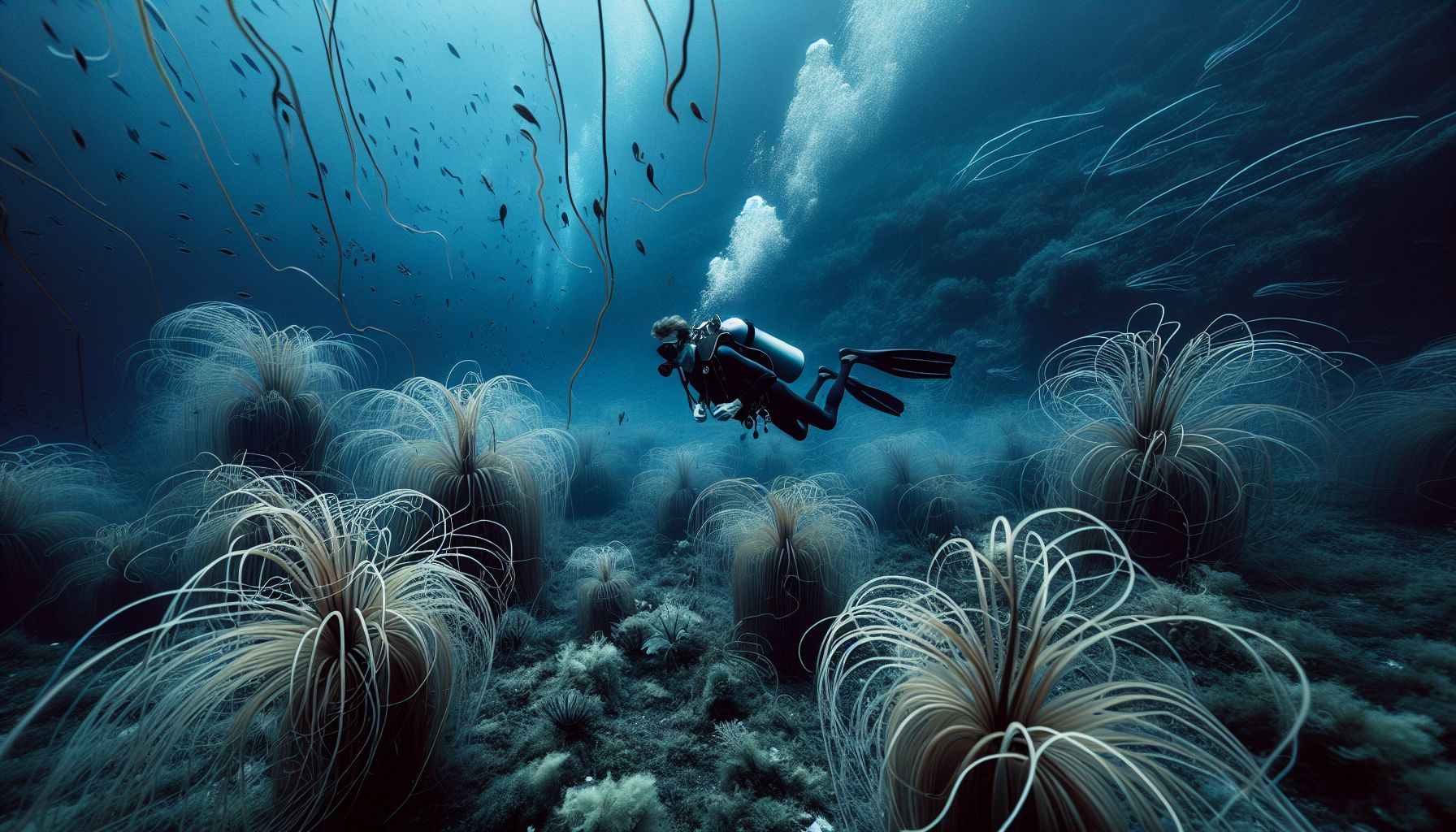Freediving, the art of diving into the silent depths of the ocean on a single breath, draws humans into the core of existence where the line between fragility and mortality is as thin as the surface that divides air from water. It is an intimate communion of the self with the marine world where there is no room for mechanical noise, making one wind down from the fast mechanical life above the water to a serene, quiet world below.
Understanding Freediving
Also known as apnea, freediving is a form of underwater diving that relies on breath-holding until resurfacing rather than the use of external breathing equipment such as scuba gear. The history of this pursuit traces back thousands of years and has been practiced traditionally for hunting and gathering, both for food and materials such as pearl and sponge.
The Philosophy Behind Freediving
Find serenity underwater. Capture the silence of the sea. Learn from and experience the marine world in its most authentic form, undisturbed by bubbles or the noise of breathing apparatus. This is the philosophy behind freediving. It is all about embracing the purest form of diving, experiencing a sense of weightlessness while descending into enigmatic depths. Freediving is also about challenging oneself psychologically and pushing oneself physically, and thus serves as much as a mental exercise as it does a physical one.
Diving into Details
In-Breath and Out-Breath
The journey starts on the surface level, with relaxation and well-controlled breathing. Deep inhalation followed by controlled exhalation prepares the human body for the plunge. The main aim of this procedure is to fill your body with enough oxygen to sustain you while you are underwater and at the same time help you relax.
The Plunge
After the series of inhale-exhale sessions, freedivers take the deepest inhalation and start the dive. There are different techniques to dive, like the head-first dive and the feet-first dive. The head-first dive is commonly used for going deep quickly.
Equalization
As freedivers descend, they need to equalize, i.e., adjust to increasing pressure with depth. They do it by pinching their noses and blowing gently, which balances the pressure difference inside and outside the middle ear.
Freefall
It’s not about just swimming downwards; after a point, divers can just let gravity pull them deeper and glide in the blue world. This phase is called freefall, where divers can relax and save energy while still reaching deeper depths.
The Ascent
After reaching the desired depth, the diver starts their journey back to the surface. This is done by swimming upwards against the force of gravity.
Recovery Breathing
Once the diver has surfaced, they will undergo a series of recovery breaths, inhaling deeply, holding for a moment, and then exhaling partially before repeating the process.
Safety in Freediving
Freediving can be physically demanding and requires a strong understanding of one’s limits. Training and awareness are paramount, as are knowing how to handle situations such as shallow water blackouts. Freedivers usually never dive alone and always have a buddy system in place to promote safety.
Benefits of Freediving
Physical
- Promotes better lung function
- Enhances the cardiovascular system
- Improves fitness levels
- Strengthens the core and increases flexibility
Mental
- Induces relaxation and stress relief
- Enhances focus and concentration
- Builds mental resilience
- Connects you with nature and promotes mindfulness
Epilogue
Freediving transports individuals to an entirely different universe – one that exists beneath the one we dwell in. It helps you scratch beneath the surface of the sea and yourself while showing you a world where time slows down, silence triumphs, and simplicity rules. As much an exploration of the self as it is of the underwater realm, freediving is an activity well worth considering for anyone seeking a deeper connection with the marine environment or simply a new challenge to overcome.
Adventurous souls, nature lovers, or those seeking tranquility, can all find their haven in the welcoming arms of the deep blue sea. Freediving can be your ‘passport’ to this otherworldly marine world, but remember, respect for nature, awareness about safety, and proper training are definitely not to be compromised on.
As you embrace the silence, you learn about your inner stability and resilience. This is the silence that allows you to listen louder and makes you experience moments that are cherished silently in the depth of the sea, where no words are spoken, but much is understood. This is freediving, a deep dive into the wonders of the marine world and a deeper self-exploration.
Disclaimer: This article is intended to provide a general understanding of freediving and does not serve as a comprehensive guide or instruction manual for freediving. If you’re interested in freediving, please seek appropriate training and always prioritize safety.
